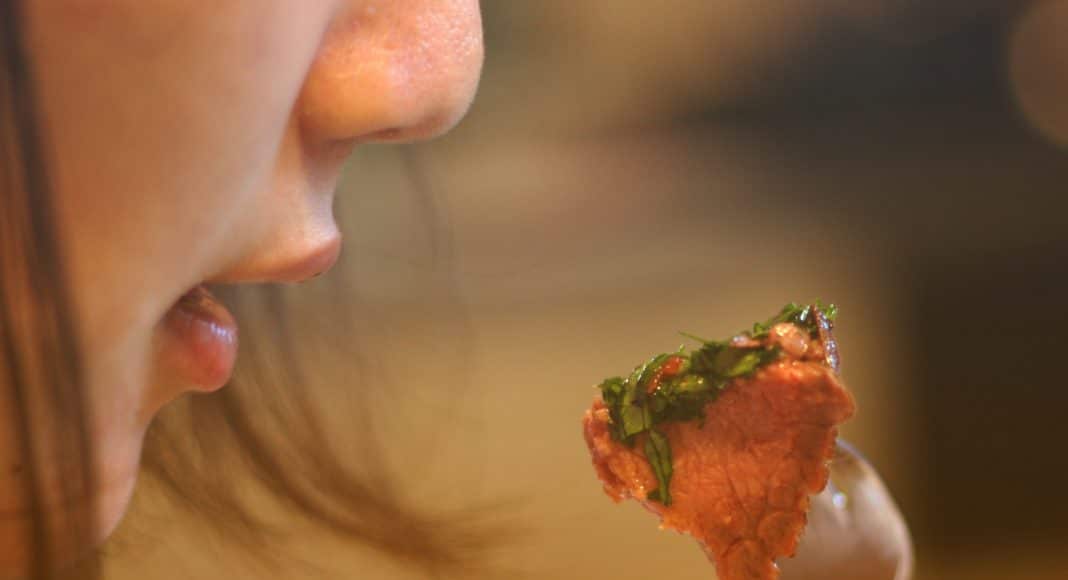Given the proven power of cannabis to promote weight gain in chemotherapy and AIDS patients, it’s reasonable to ask whether weed might help in cases of anorexia nervosa. The clinical evidence, though slight, is a resounding No! No, no, no, no, no. It is a bad idea. Terrible. Wretched. Did we mention it’s not so great?
The source of this alarm is a 1983 study of 11 subjects who added doses of THC to their standard anorexia treatment. None gained any weight, but three experienced “significant psychic disturbance,” including “paranoid ideations.” In other words, they had the dope fear, and they had it bad.
Munchies-induced eating can help some people who suffer from anorexia reexamine their loathing of food and even enjoy it again.
Unlike AIDS and chemo patients, who want to eat but are too nauseated or lack hunger signals, an anorexic’s identity is tied to the desire not to eat. That’s essentially the whole illness. Anorexia is about control—counting calories, disciplining appetites, compelling the body to fit the dictates of the will. Accordingly, while, in some cases, the intoxicant aspect of marijuana can ease that ironclad self-discipline and allow an anorexic to let go, in other instances, it poses a terrifying threat to the sense of self.
Similarly, munchies-induced eating can help some people who suffer from anorexia reexamine their loathing of food and even enjoy it again. With others, however, the postprandial remorse only intensifies the negative emotions associated with the disease. It can even lead to self-harm.
Anecdotally, marijuana has helped individual anorexics. But the clinical evidence suggests that more than a quarter of those who try the cannabis cure will have horrifically bad experiences. Those are not inspiring odds.


